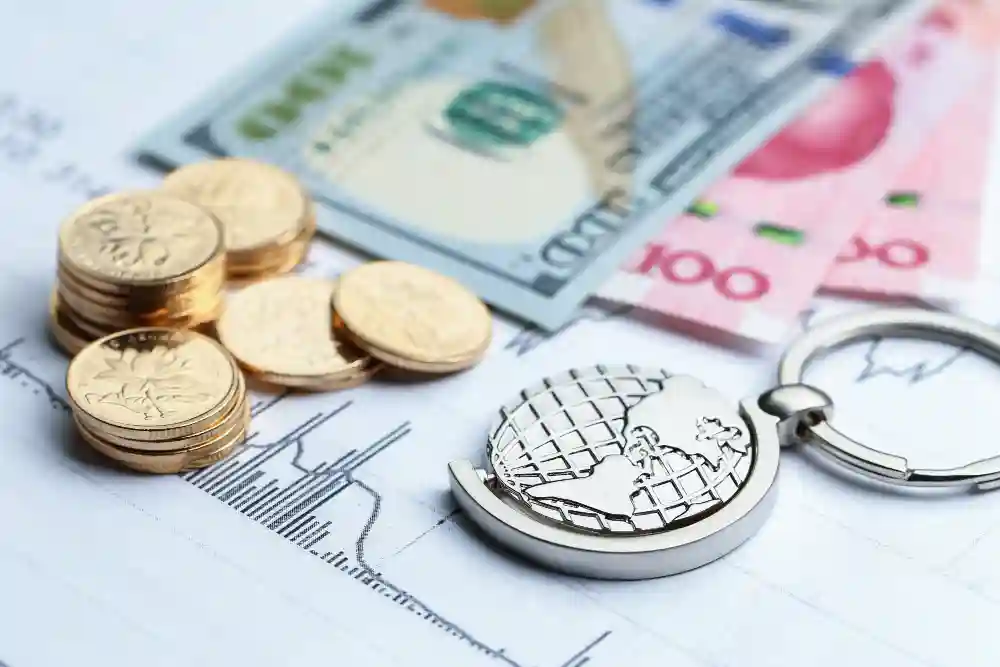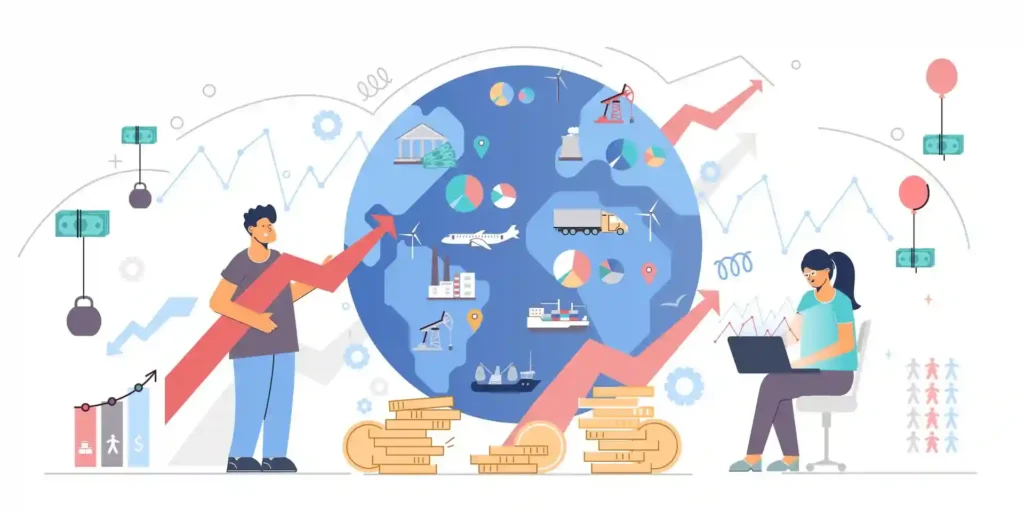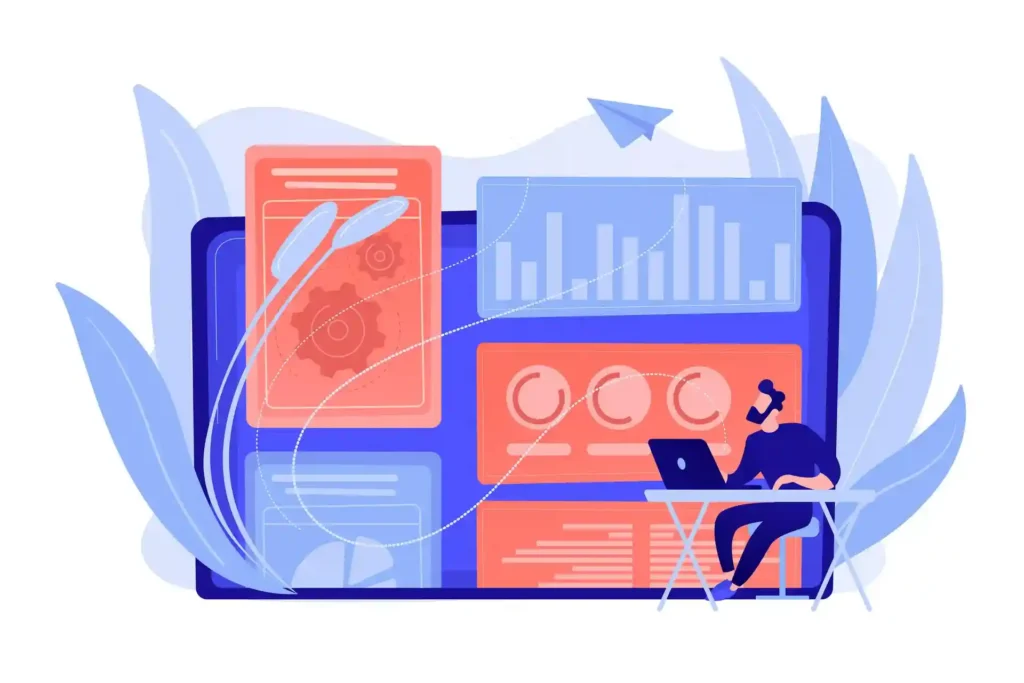Why Study Economics? Your Guide to Understanding the World
Have you ever wondered why the price of your favorite coffee changes, why some countries are rich while others are poor, or what really causes a recession? These aren’t just random occurrences; they’re all deeply rooted in economics. Far from being just about money and spreadsheets, economics is the study of how societies make decisions about scarce resources. It’s about understanding human behavior, government policies, and global interactions.
In a world that feels increasingly complex and interconnected, studying economics offers a powerful lens through which to comprehend the forces shaping our lives. It equips you with the tools to analyze, predict, and even influence the world around you.
Unpacking the Economic Lens: Core Concepts and Scarcity

At its core, economics explores how individuals, businesses, and governments make choices when faced with scarcity – the fundamental problem that human wants exceed available resources. This leads to fascinating questions:
- What to produce? (e.g., more healthcare or more consumer goods?)
- How to produce it? (e.g., using labor-intensive or capital-intensive methods?)
- For whom to produce? (e.g., how are goods and services distributed?)
By examining these choices, economics provides insights into everything from the daily decisions you make about spending your money to the grand challenges facing nations.
Economics in Your Everyday Life: Personal Finance and Market Insights

You might not realize it, but economic principles are at play in almost every aspect of your day. Studying economics helps you:
- Understand Prices and Markets: Why does bread cost what it does? How do supply and demand dictate the value of goods and services?
- Navigate Personal Finance: Learn about inflation, interest rates, and how government policies affect your savings, loans, and purchasing power. This knowledge empowers you to make smarter financial decisions.
- Decipher Employment Trends: Why are some jobs in high demand while others are not? What factors influence wages and unemployment rates?
Making Sense of Global Events: Policy, Trade, and Economic Crises
Beyond personal choices, economics is crucial for understanding the big picture:
- Government Policies and Economic Impact: From taxation and spending to trade agreements and environmental regulations, economic principles underpin almost every government decision. Understanding them helps you evaluate policies and their potential impact.
- Global Trade and International Relations: Why do countries trade? What are the implications of tariffs or free trade agreements? Economics helps explain international cooperation and conflict.
- Economic Crises Explained: What causes recessions or financial bubbles? How do governments and central banks respond? A grasp of economics provides context for historical and current events.
- Development and Inequality: Explore why some nations prosper while others struggle, and analyze the economic factors contributing to wealth disparities both within and between countries.
Developing Critical Thinking Skills: Analysis and Problem-Solving

Perhaps one of the most valuable benefits of studying economics is the development of a unique way of thinking. Economics teaches you to:
- Think Analytically: Break down complex problems into manageable parts.
- Evaluate Trade-offs: Understand that every decision has an opportunity cost – what you give up when you choose one option over another.
- Formulate Logical Arguments: Use data and theory to support your conclusions.
- Anticipate Consequences: Consider the ripple effects of economic actions, both intended and unintended.
These skills are highly transferable and valuable in any career path, from business and finance to law, journalism, and public service.
Your Gateway to Diverse Careers: Economics Degree Opportunities
An economics degree opens doors to a vast array of professions. Economists work in:
- Finance Careers: Investment banking, financial analysis, risk management.
- Consulting Roles: Advising businesses and governments on strategic decisions.
- Government and Public Policy: Policy analysis, central banking, international development.
- Research and Academia: Academia, think tanks, market research.
- Data Science and Analytics: Analyzing large datasets to identify trends and inform decisions.
The analytical and problem-solving skills honed through economics are in high demand across nearly every sector.
Beyond the Textbook: A Lifelong Journey in Economic Understanding
Studying economics isn’t just about memorizing theories; it’s about developing a framework for understanding the world’s intricate systems. It empowers you to be a more informed citizen, a smarter consumer, and a more effective problem-solver. Whether you pursue a career in economics or simply want to better understand the news, the insights gained from this discipline will serve you well throughout your life.
So, if you’re curious about how the world works, why things are the way they are, and how we might make them better, then diving into economics is an excellent place to start. It’s truly a guide to understanding the world.
